
After being released from prison in 1990, one of the first things Nelson Mandela did was visit Cuba to express his admiration and respect for Cuban leader Fidel Castro.

After being released from prison in 1990, one of the first things Nelson Mandela did was visit Cuba to express his admiration and respect for Cuban leader Fidel Castro.
Nelson Mandela emerged from 27 years in apartheid jails in 1990 pledging to seize South Africa’s mines and banks. Four years later, his government slashed spending and courted foreign investors, paving the way for the longest period of growth in the country’s history.
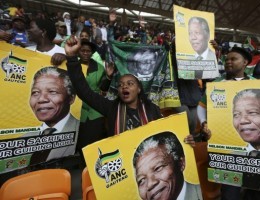
Dec. 10 (GIN) – Record numbers of Facebook and Twitter users posted their thoughts and prayers for former South African leader Nelson Mandela and the nation with numbers running in the hundreds of thousands.
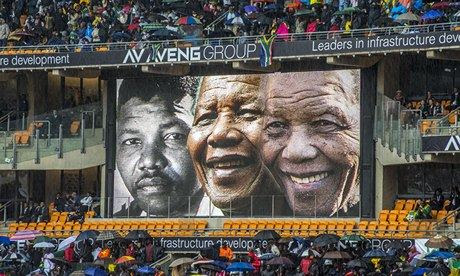
By David Smith
In a peculiarly rambling, rain-soaked event that got bogged down in domestic politics, it felt like Nelson Mandela’s soul was absent

BRUSSELS, Belgium, Tuesday December 10, 2013, CMC – The African, Caribbean and Pacific (ACP) Group of countries Tuesday began a two-day meeting here overshadowed by the death of the former South African president Nelson Mandela and economic woes facing the 79-member grouping.
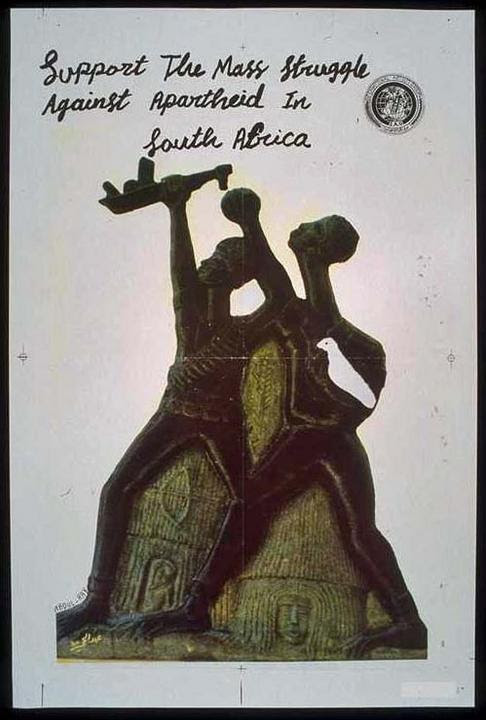
by ROBIN D.G. KELLEY AND ERICA LORRAINE WILLIAMS
Nelson Mandela’s death has produced both an outpouring of international solidarity, remembrance, and celebration commemorating Madiba’s leadership in defeating apartheid in South Africa.
By Will Bunch
I was offline, at least metaphorically, when news broke that Nelson Mandela had passed away. Thus, I had the luxury of reflecting for a couple of days… and watching a flurry of other stories whiz past in a blur.
JOHANNESBURG (AP) — U.S. President Barack Obama implored thousands gathered in a cold, rainy stadium and millions watching around the world on Tuesday to carry forward Nelson Mandela’s mission of erasing injustice and inequality.

BRIDGETOWN, Barbados, Nelson Mandela transcends death at 95. Between blessing and benediction there is heart -broken sorrow. But this is joyful sadness. There is irony too.

by Pippa Green On a chilly day in 1998, I received an urgent message from Nelson Mandela’s press aide. The President had been stung.
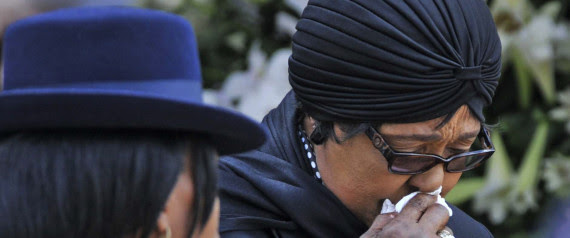
LONDON (AP) — Winnie Mandela says she feels “very blessed” to have been with ex-husband Nelson Mandela when he died, describing how she sat by his bedside until he drew his last breath.
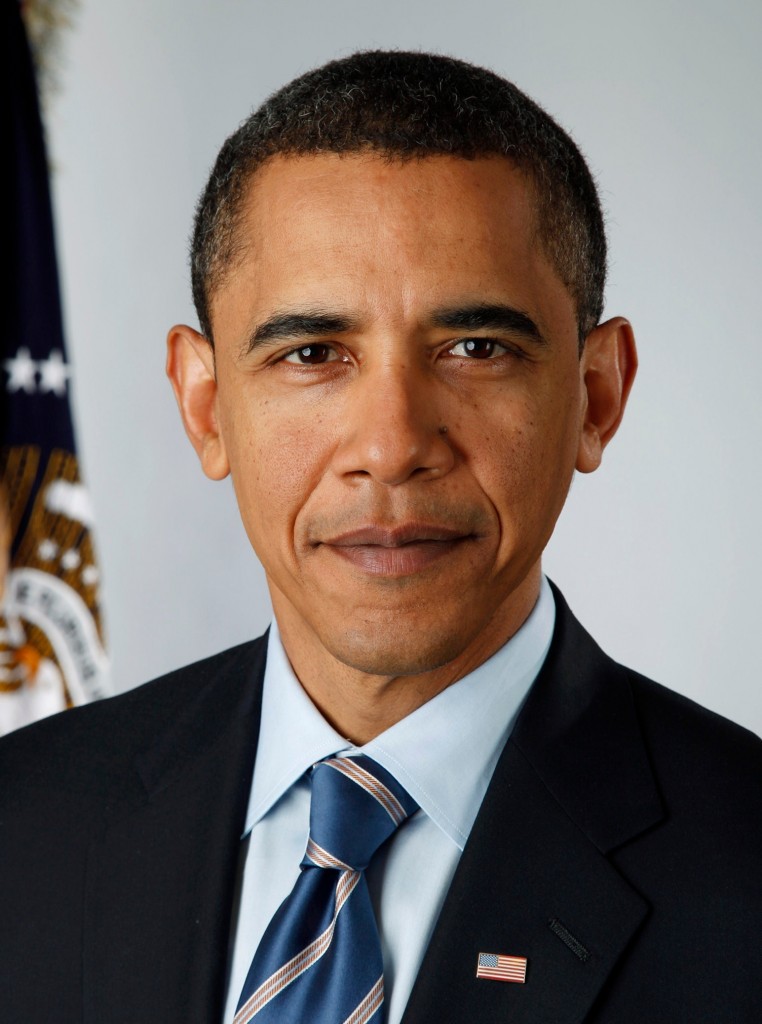
President Obama addressed the memorial for former South African president Nelson Mandela; these are his remarks as prepared for delivery.